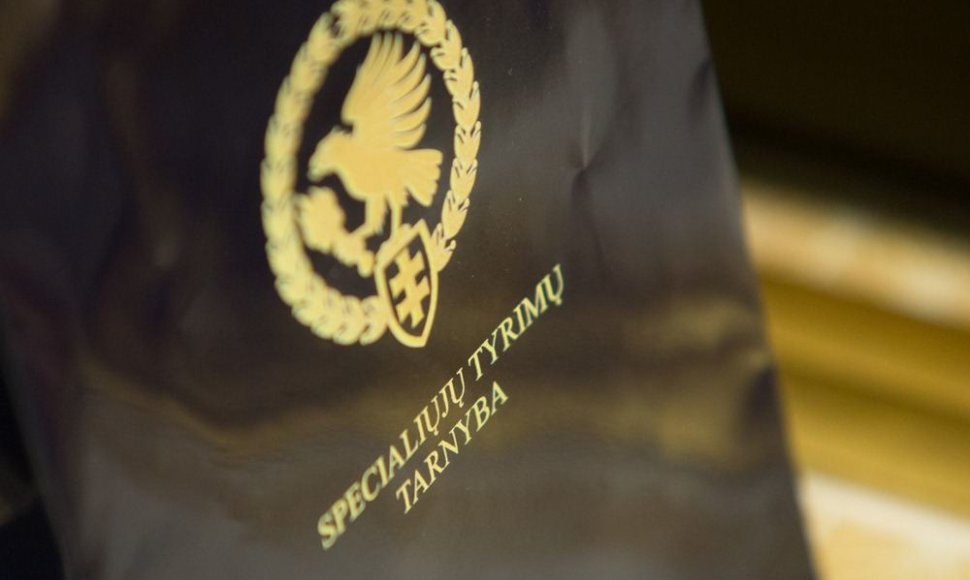At a conference at Vilnius University, Ryšardas Burda, deputy head of the SIS Corruption Risk Division, presented data showing that less than a quarter of anticorruption measures, including the area of legislation (21 percent), territorial planning and construction supervision (16 percent), public administration and the state service (23 percent), were implemented in the first half of this year, compared to the same period in 2011.
"As you can see, the situation regarding the implementation of these measures is in fact tragic," the official said.
"I don’t have any doubt that the main excuse will be a lack of funds or perhaps the absence of political will. We often hear that from the Seimas and the government. Seimas members are the ones who especially like to say that there's a lack of political will. So I like to ask: aren't you the one whose political will everything depends on," Burda said.
In his words, national anticorruption programs have been "beautifully" drafted since 2002 but around 30-35 percent of anticorruption measures are not implemented.
"A lack of funds is a very popular excuse today among state institutions. There's a massive lack of funds. Municipalities say we do not implement measures as there are no funds," Burda said.
"The Seimas' fault is that it has failed to adopt necessary legislation. We are talking about the code of ethics for civil servants, about the law on the protection of informants which they haven’t managed to adopt since 2006, and the law on lobbying activities. I can say that only this year we managed to push through the Law on Legislative Framework that will come into force next year but who knows when it will be implemented," Burda said.
Lithuania has been listed 48th among 176 countries on the Corruption Perception Index published by the non-governmental organization Transparency International, climbing up two positions since last year.












